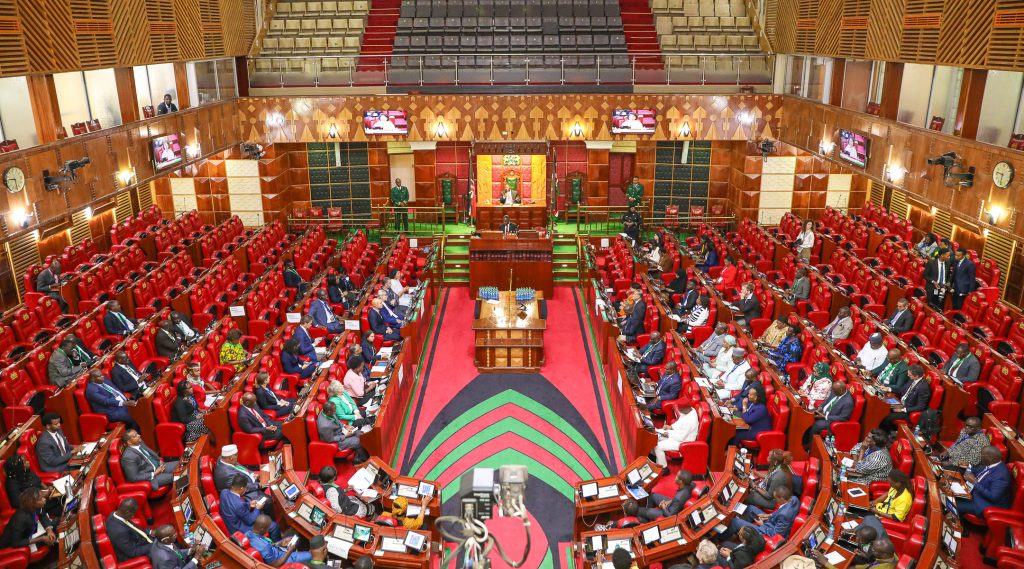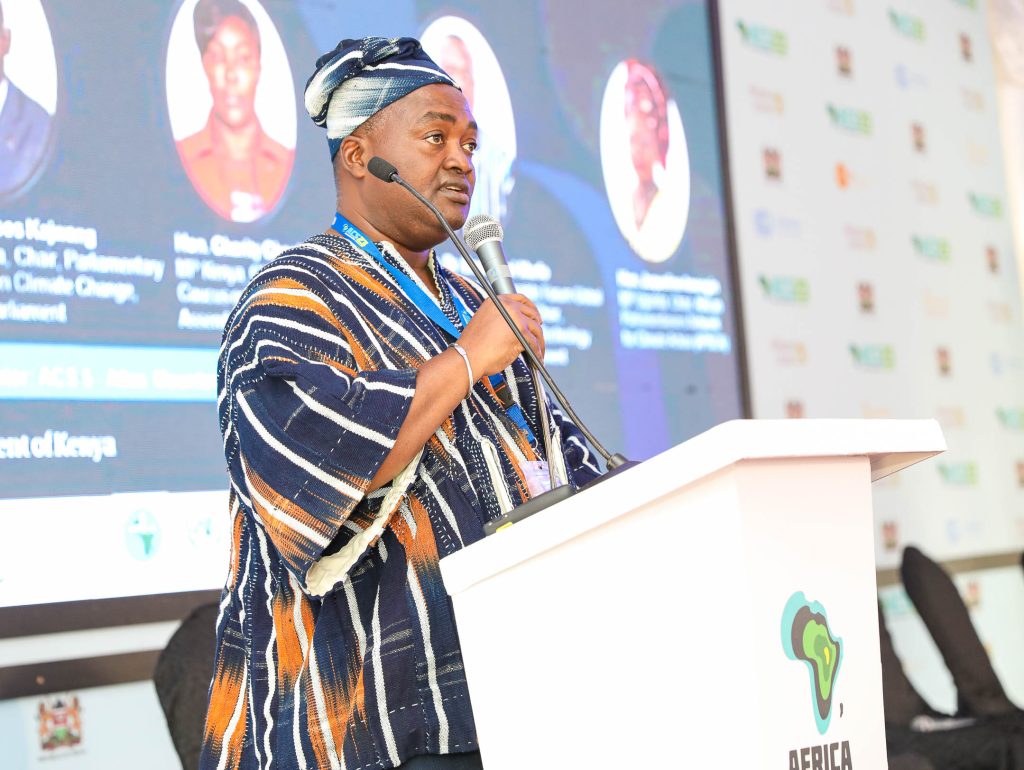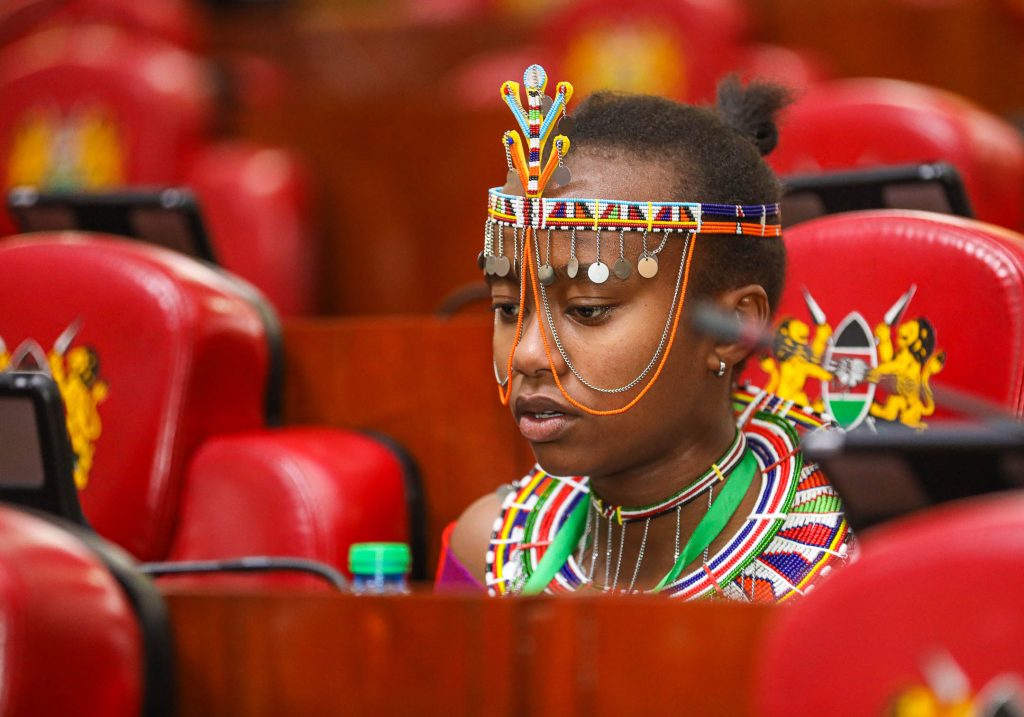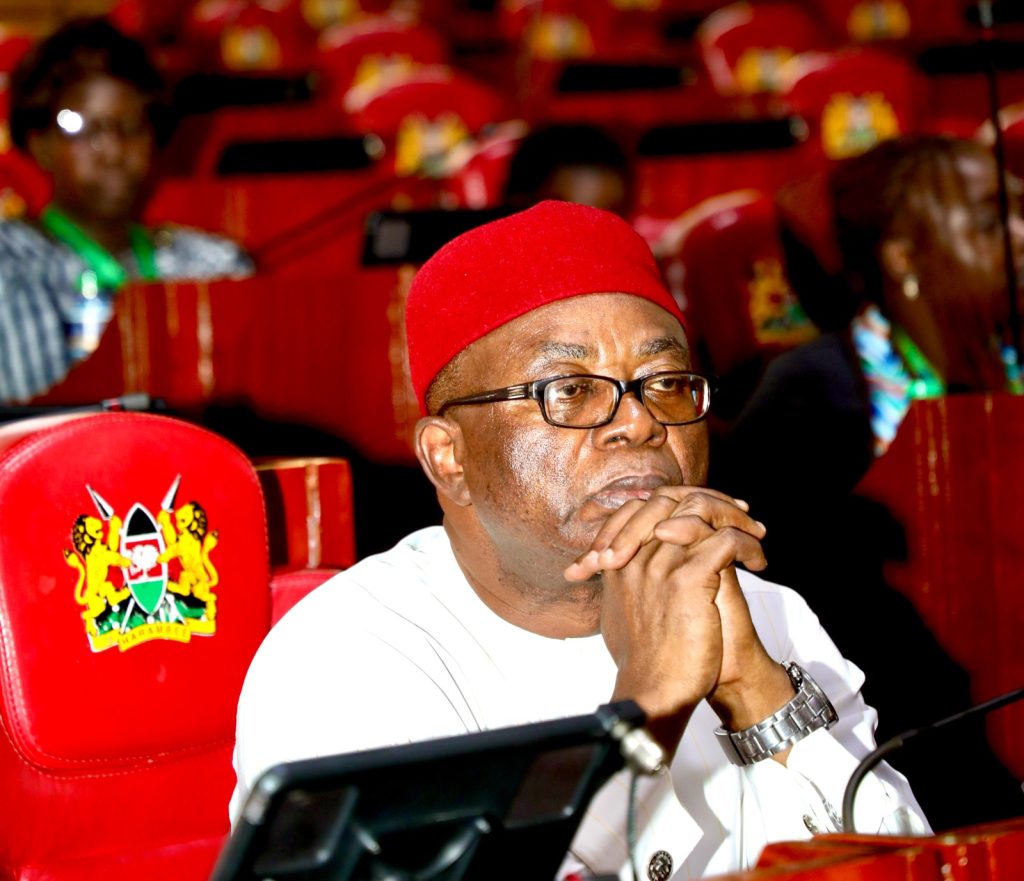Africa Climate Summit 2023: A Continental Call to Climate Action
Author: Lena Dente, Programme Manager, Energy and Just Development

The Africa Climate Summit 2023 in Nairobi gathered leaders, experts, and advocates from across the African continent and globe to push the climate change agenda forward in advance of the COP28 deliberations in Dubai coming up in early December. From the 4th to 6th of September, Africa showcased its commitment to lead in the global efforts toward a just, sustainable and climate resilient future. Following the multistakeholder principle, representatives included leaders and doers from the public, multilateral, non-profit, private and civil society sectors.
In partnership with IRENA, the Climate Vulnerable Forum and the Konrad Adenauer Stiftung, the World Future Council brought Legislators from across Africa together, to better understand their priorities and highlight the role they play in climate action in Africa.
Some of the top themes that were shared by the over 60 MPs who attended included the following:
The Renewables Revolution
Not only did the Summit demonstrate a resounding will and desire to accelerate the transition to renewable energy sources, but the Legislators present also reinforced their commitment to renewable energy. Legislators are not only crucially important to ensure that national level policies reflect the needs and concerns of the communal level but are also essential to ensure that national level policies are translated into local solutions that work.
Although installed renewable energy is at different levels across the Continent some key ambitions are universal such as
- expanding their renewable energy capacity, including solar, wind, and hydroelectric
- identifying decentralised renewable energy options for rural areas, and
- focusing on clean cooking solutions to address both the energy needs and health concerns of families.

Reforestation for Future Generations
Forests combat climate change as carbon sinks, but also increase biodiversity, provide nature-based solutions and resiliency in landslide threatened areas, and help to restore fragile ecosystems. Not to mention beautifying the landscape and providing shade to people and animals. Tackling uninformed, Illegal and/or uncontrolled harvesting of trees, often used for cooking and housing, are a priority topic for many Legislators.
Honing in on Climate Resilience – and Climate Education
Floods, droughts and changing temperatures are already impacting daily life and livelihoods across Africa. Understanding why this is happening and recognising the urgency of creating resilient responses and adaptation strategies to climate change are important. The Legislators already well informed on the issues related to climate change, felt an urgency to inform their fellow Members of Parliament as well as their constituents, often in rural and vulnerable communities, about the threats and the potential actions that could be taken, such as better water management systems and climate-resilient agriculture.

Youth in Focus
Both the Summit and the Legislators understood the crucial role that younger generations play in effective and equitable climate action. Not only should they be part of the considerations, but they should have a seat at the proverbial table.
Equitable and Accessible Climate Finance
Legislators agreed very nearly across the board that the topic of climate finance must be top of agenda during the COP28 deliberations. Various solutions were discussed including tax mechanisms and blended financing solutions. Parliamentarians are in an indispensable position using their regional, communal and more contextual knowledge of local needs, challenges and opportunities to shape national financing initiatives.
The dialogue and deliberations leading up to the COP28 discussions will be shaped and driven inter alia by the discussions at the UNFCCC regional weeks, such as the one held in Nairobi and those planned in Latin America and the Asia Pacific region. The language is being closely watched and monitored by countries, the private sector and civil society alike. We will share an update following the Latin America regional week in Panama City in late October.

